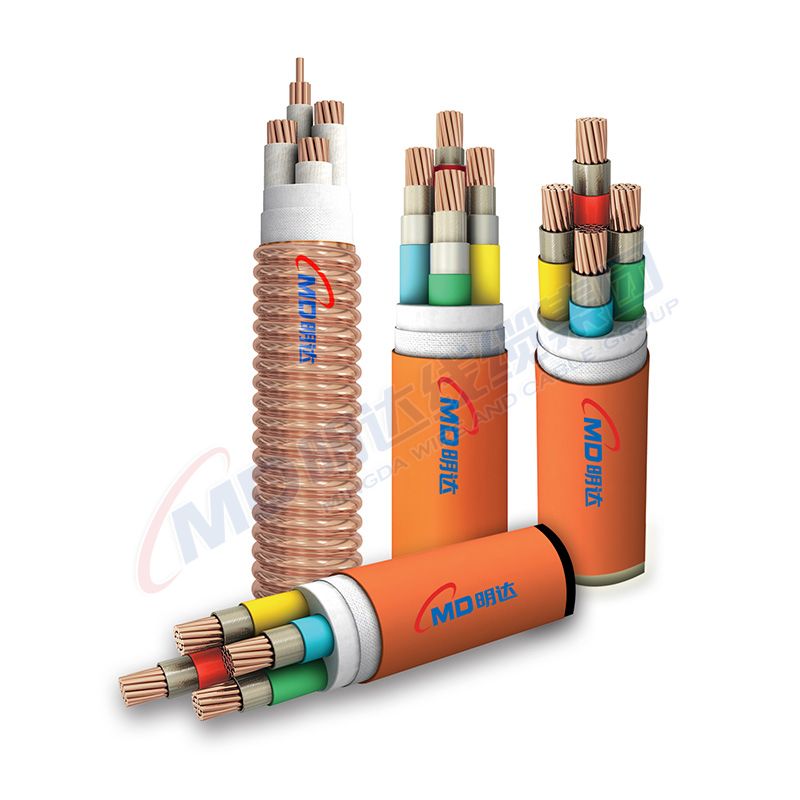Nov . 24, 2024 15:52 Back to list
pneumatic ball valve
Understanding Pneumatic Ball Valves Functionality, Applications, and Benefits
Pneumatic ball valves are integral components used in various industrial processes, providing secure and reliable control of fluid flow. These valves operate using compressed air, allowing for quick and efficient actuation, making them ideal for a wide range of applications. This article explores the functionality, applications, and benefits of pneumatic ball valves, highlighting their significance in modern industrial systems.
Functionality of Pneumatic Ball Valves
A pneumatic ball valve consists of a spherical disc, known as the ball, which has a hole through its center. When the valve is in the open position, the hole aligns with the pipeline, permitting fluid to flow freely. Conversely, when the valve is closed, the ball rotates to block the flow. This straightforward mechanism allows for rapid opening and closing actions, typically achievable within a fraction of a second.
The actuation of pneumatic ball valves is managed by a pneumatic actuator, which uses compressed air to turn the ball. The actuator can be either double-acting or single-acting. A double-acting actuator requires air pressure for both opening and closing actions, while a single-acting actuator utilizes a spring mechanism to return the valve to its default closed position once air pressure is removed. This flexibility enables operators to choose the most suitable configuration based on the specific needs of their systems.
Applications of Pneumatic Ball Valves
Pneumatic ball valves are widely used across various industries, including manufacturing, oil and gas, water treatment, food and beverage, and HVAC systems. Their versatility makes them suitable for different applications, such as
1. Flow Control Pneumatic ball valves are ideal for controlling the flow of gases and liquids in pipelines. They provide precise control and can be automated for seamless integration into larger control systems.
2. Isolation These valves are frequently used for isolation purposes, allowing for the safe maintenance of pipelines without shutting down the entire system. This is particularly important in critical operations where safety and efficiency are paramount.
3. Mixing and Diverting In processes where multiple streams need to be mixed or diverted, pneumatic ball valves efficiently direct flow according to operational needs. Their ability to handle varying pressures and temperatures enhances their performance in complex systems.
pneumatic ball valve

4. Dust and Slurry Handling In industries dealing with granular materials or slurries, pneumatic ball valves can serve as effective shut-off mechanisms, preventing blockages and maintaining operational efficiency.
Benefits of Pneumatic Ball Valves
The advantages of pneumatic ball valves are numerous, contributing to their widespread usage in industrial applications
1. Rapid Operation The actuation mechanism of pneumatic ball valves allows for rapid operation, significantly reducing the time needed for opening and closing actions. This feature is crucial in processes that require quick response times.
2. Durability Crafted from robust materials, pneumatic ball valves are built to withstand extreme conditions, including high temperatures and pressures. Their durable construction translates into a longer operational life and reduced maintenance costs.
3. Leak-Free Performance Pneumatic ball valves are designed to provide leak-free closure, minimizing the risk of fluid loss and enhancing safety. This reliability is critical in environments where even minor leaks can lead to severe consequences.
4. Automation Compatibility These valves can be easily integrated with automated systems, allowing for improved process control and monitoring. Automation enhances operational efficiency, reduces human error, and provides valuable data for process optimization.
5. Low Torque Requirements The design of pneumatic ball valves results in low torque requirements for operation, which allows smaller actuators to be used. This not only saves space but also reduces the overall system costs.
Conclusion
In summary, pneumatic ball valves play a crucial role in various industrial applications, providing effective solutions for fluid control, isolation, and automation. Their rapid operation, durability, and leak-free performance make them an invaluable asset in modern processing environments. As industries continue to evolve, the demand for efficient and reliable valve solutions, such as pneumatic ball valves, will likely increase, further solidifying their place in the realm of industrial automation. Embracing these technologies will help businesses enhance operational efficiency and maintain a competitive edge in the marketplace.
Share